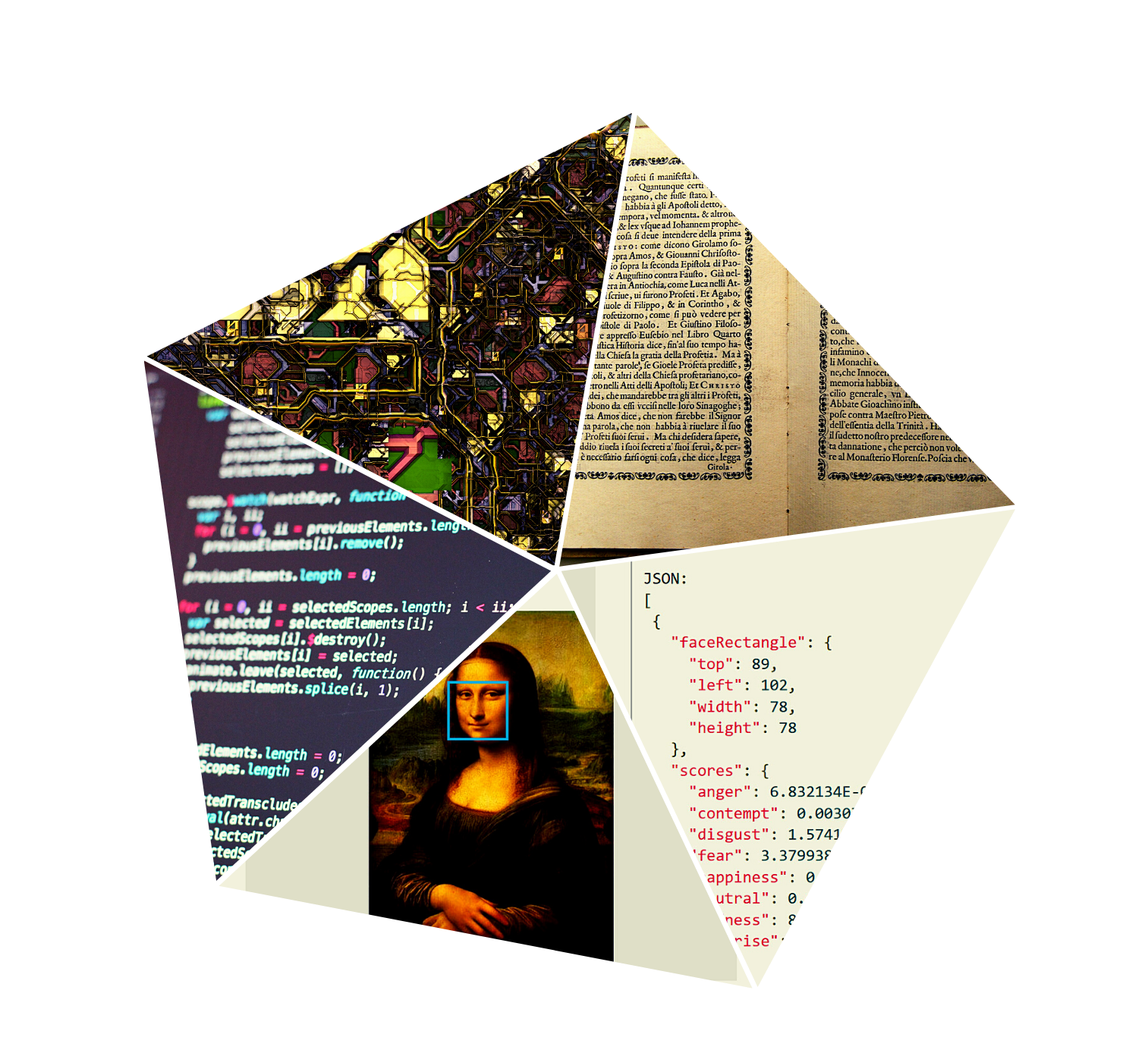About the Demos Project
People in Data, Past and Present
Overview
The Demos Project for Studies in the Data Humanities fosters and supports scholarship involving structured data around people (Greek δῆμος) and their environment. At the Demos Project, we examine the representation of individuals and communities in data, we ask and answer questions about data in society, and we apply humanistic thinking to data-driven problems. Questions of data representation have broad applicability but are particularly effective for reading and understanding contemporary problems. The representation of people and communities in data is an issue of significant current interest as more and more of our lives are lived online. This project builds upon FSU’s historic strengths in intersectional studies of race, gender, language and society.
The project operates as a physical research/training space and community hub for humanities data analysis and curation; it supports faculty and students in gaining necessary skills for advanced digital humanities projects and catalyzing early-stage and cross-disciplinary projects to be competitive in seeking grants from large funders.
As of 2021, Demos has been supported in research, programming or equipment costs, funded and unfunded research hours, and donated faculty and staff hours and allocated graduate student work hours. Its activities have been underwritten by a wide range of initiatives across Florida State University, including, but not limited to, FSU’s Office of Research, the College of Arts and Sciences, the University Libraries, the Council on Research and Creativity, the Program in Interdisciplinary Humanities, the Department of English, the Office of Digital Research and Scholarship, a campus-wide digital humanities discussion group and collaboratory, and the 2016 Invisible Work in Digital Humanities Symposium.

Tarez Graban, Allen Romano, Sarah Stanley, Judith Pascoe
